Rome (Italy). The 3rd meeting of “Salesian Thursdays at Auxilium” was held on 12 January 2022, the initiative of Studies Center on the FMA of the Pontifical Faculty of Educational Sciences “Auxilium” of Rome with in-depth studies on pedagogy, spirituality, and history of the Daughters of Mary Help of Christians, with the report by Prof. Maria Teresa Spiga, FMA, Professor of Sociology at the PFSE “Auxilium”, on the theme “The FMA present in the world (1872-2022). Research data and paths “.
Prof. Spiga introduced the theme by taking up some phrases from the Acts of the XXIV General Chapter, With Mary being a “presence” that generates life, with which she motivated her presentation. “The youth of an Institute lies in going to the roots, listening to the elderly and there is no growth without roots and there is no flowering without new shoots” (p. 22); “A strong call has come from the communities of the world to return to the charismatic sources to revive the educational originality lived in Valdocco and Mornese and help young men and women to find the meaning of life” (p.122).
The proposed contribution is the result of the research she carried out on the occasion of the 150th anniversary of the Foundation of the Institute of the Daughters of Mary Help of Christians, presented partially during the GCXXIV, to offer the Chapter members a picture of the life of the Institute from its origins to today, as “precious and essential capital to look to the future with hope”.
How to read the data? What are the numbers talking about? What message does the reading of the data convey? These are the questions that guided those who followed the report to glimpse in the numbers displayed an opportunity to listen to the history of the FMA Institute and to bring forth abundant fruit of life for the Educating Communities all over the world, “the numbers we will see say that the Community has proved to be the trump card in any historical moment, in any geographical area. This is what the General Chapter wished to express by using the category of generativity”, underlined the presenter.
Is there a line of interpretation that puts the history of the Institute in continuity with the present we are experiencing? Prof. Spiga illustrated the perspective of the research, recalling the General Audience of 22 September 2021, in which, returning from his trip to Budapest and Slovakia, Pope Francis affirmed, “I like to recall a saying.” ‘Everything that the tree has flowered comes from what it has buried.’ You can grow to the extent that you are united with the roots.” ».
It is therefore a reading that sees the history of the FMA Institute’s 150 years as a solution of continuity between past, present, and future, to answer questions of meaning, expressed or unexpressed, that come from the world of youth, to be decoded with educational passion in the Educating Communities.
The research on “The FMA in the world”, coordinated by Prof. Maria Teresa Spiga, draws on various sources of the FMA Institute and is based on the data of the decades from 1880 to 2020, provided by the General Archives, relating to the FMA, Communities and Works in the 97 Nations where the FMA Institute is present. The data was collected from the countries of birth of the FMA, to study the contribution that each nation has given to the life of the Institute.
From the succession of graphs and tables shown and commented on by Prof. Spiga, a trend emerges in the expansion of the FMA Institute that has diversified over time and according to continents, due to factors determined by ecclesial and civil history, by socio-cultural changes, from the evolution of the family nuclei, and potentially many others.
The research, in fact, is open to contributions from individual contexts, which go beyond its limits and complete its results. The presenter therefore encourages the Provinces to consult the data, which will be made available at a later time, and to make them the subject of specific studies, to help the FMA to live a greater belonging to the Institute and to share its life and richness, also for the generations to come.
“The numbers spoke to us about life, they told us how much the Charism was and is vital. Today it is entrusted to our responsibility and creativity for the next 150 years”, concluded Prof. Maria Teresa Spiga.
Further statistical data will be presented during the International Conference that the FMA Institute has entrusted to the Auxilium Faculty for the year 2022.




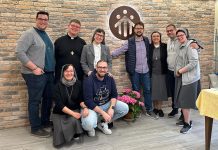
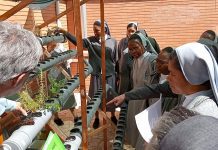

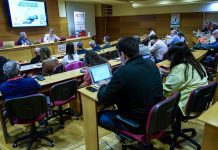
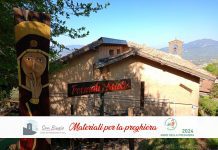
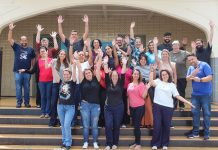
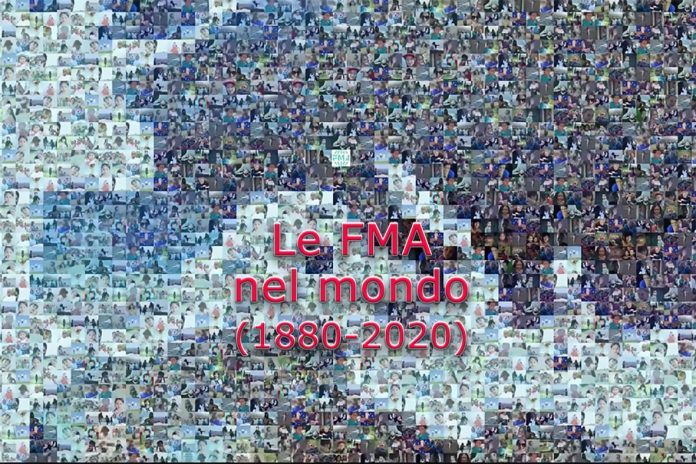










grazie per questa ricerca.